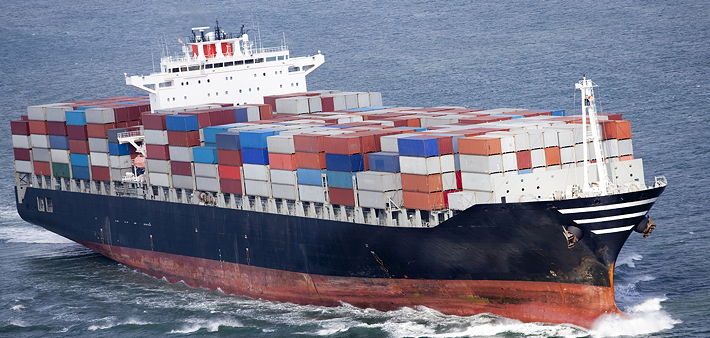A Parliamentary committee has warned that new EU trade barriers threaten to disrupt supplies and increase UK food prices.
The House of Lords’ EU Energy and Environment Sub-Committee’s report into the impact of Brexit on food prices and availability highlights food and farming industry concerns over the Government’s current position.
It also accuses the Government of not recognising the inevitable trade offs that will come with its desire to maintain and raise UK food standards, while at the same time championing free trade with minimal custom checks and promising lower food prices for consumers.
The inquiry took evidence from a range of industry bodies, including the NPA, as well as the NFU, Food and Drink Federation and the Allied Industries Confederation. Much of the NPA’s evidence was reflected in the report’s findings.
The report stressed the need for tariff-free and ‘frictionless’ trade with EU to continue to avoid food price rises but concluded that the UK Government’s desire for such an agreement was ‘by no means a guaranteed outcome’. In fact, even in the ‘best case scenario’, with no tariffs and few customs barriers, international rules would oblige the UK to conduct more customs and borders checks than is currently the case.
If an agreement cannot be negotiated by the time the UK leaves the EU the increase in tariffs could lead to significant price rises for consumers, while the additional customs workload could choke the UK’s ports and airports and significantly disrupt food deliveries.
Other key points in the report that echoed the NPA’s Brexit concerns included:
- The UK’s likely inability to deal with the extra workload of potential additional checks needed at borders, without more resource.
- A policy of enforcing minimal or no checks to get over this problem could jeopardise food standards and safety.
- Recognition that increasing self-sufficiency will require a long term approach with investment and support from the Government
- A lack of access to EU labour would diminish self-sufficiency or increase food prices as wages are more competitive.
- Recognition that, if the UK wants to be a leader in free trade, it will be difficult to avoid imports produced to lower welfare standards than allowed in the UK or EU, which could undercut domestic production.
- Ensuring food imports meet UK standards will require a rigorous inspection regime, and the committee calls on the Government to detail what arrangements it will put in place to do this.
Committee chairman Lord Teverson suggested some of the UK’s aims were contradictory and expressed concern at Farming Minister George Eustice’s apparent lack of concern at the situation. He called for clarity from Government.
“Throughout our inquiry there was a striking contrast between Government confidence and industry concerns,” he said. “The Minister may not be worried about the potential for Brexit to impact on the price and availability of food, but the representatives of the food and farming industry, importers, port authorities and consumer organisations were vocal in their concerns.
“The Government has some important choices to make. They have said they want to maintain high food standards but also that they would be willing to have minimal customs checks to avoid disruption at borders. They have said they want UK food and farming to be exemplars of high-quality production but also that they will seek trade deals that secure lower prices for consumers.
“The UK needs a comprehensive food policy, to tackle these complex issues, and we urge the Government to produce one with some urgency.”
NPA reaction
NPA senior policy advisor Ed Barker said: “This is yet another Parliamentary report that has taken on board many of the concerns currently felt by NPA members and challenges the Government to clear on what its priorities are.
“We highlighted the opportunities new post-Brexit trade arrangements could bring for the UK pig sector but set out the conditions we believe are needed for this to happen.
“These included the need for tariff free trade with the EU and convergence on EU standards to ensure a frictionless border. We raised our concerns over differences in production standards with potential future trading partners, including the use of stalls and ractopamine permitted in North and South America, and called for measures to ensure the UK pig industry is not undermined by lower standard imports.
“We also reiterated our desire to ensure the supply of so-called ‘unskilled EU labour’ is not cut-off by laborious registration processes, at producer and processor levels.”




